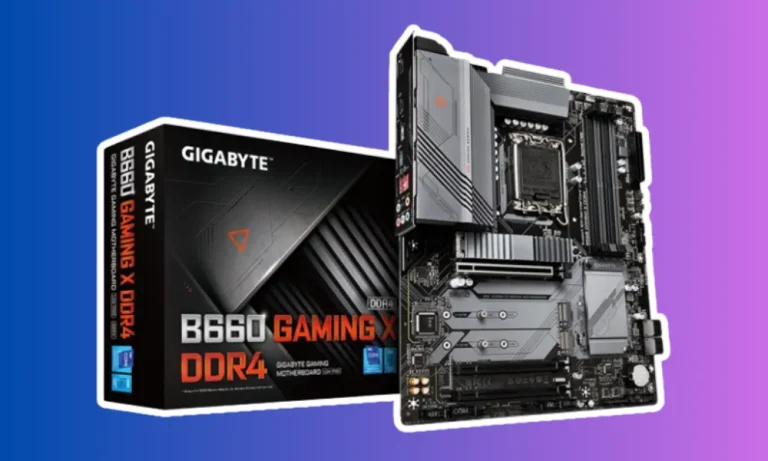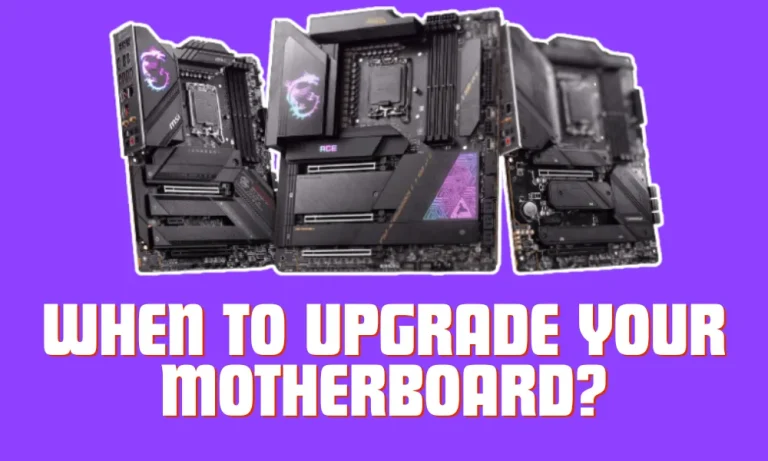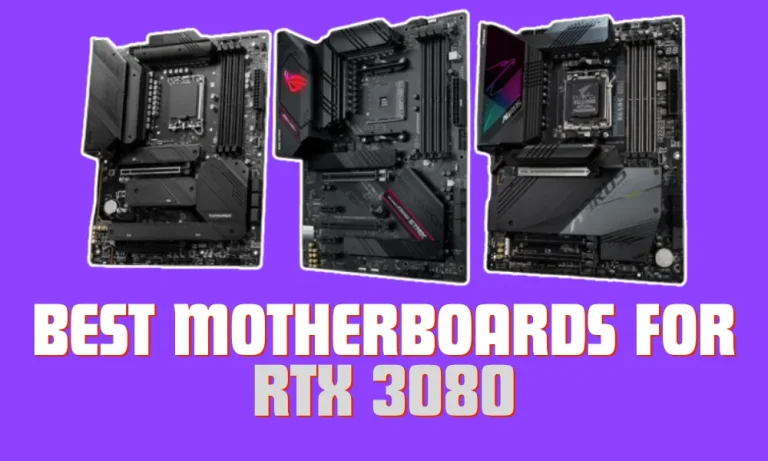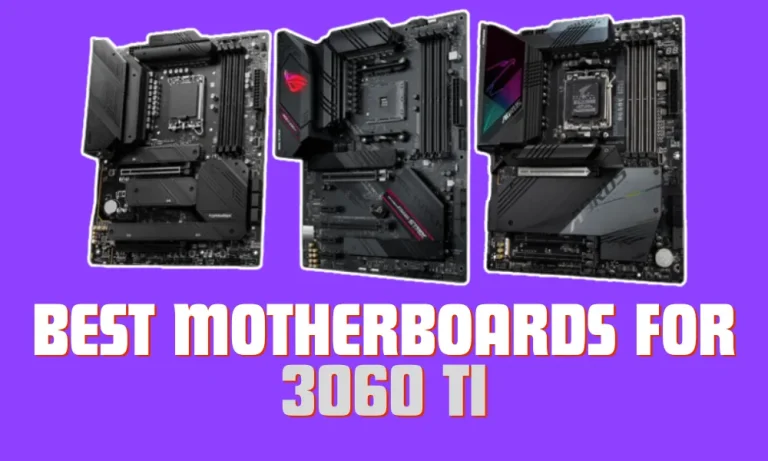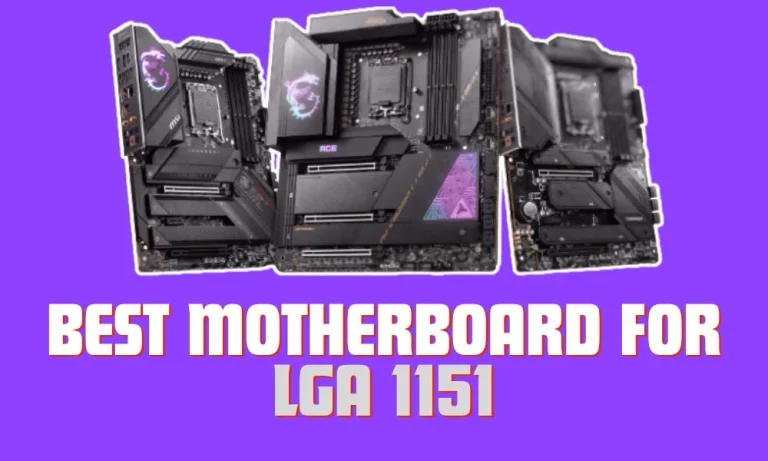Can You Use ECC RAM in Non-ECC Motherboard?
Can you use ECC RAM in a non-ECC motherboard? This is a question that often sparks confusion among computer enthusiasts. In simple terms, ECC RAM, with its error-correcting capabilities, is typically associated with servers and workstations.
However, the compatibility between ECC RAM and non-ECC motherboards is a topic worth exploring. So, let’s dive in and demystify this intriguing aspect of computer hardware!
Compatibility Considerations
When it comes to using ECC RAM in a non-ECC motherboard, there are several important compatibility considerations to keep in mind.
Technical Requirements for ECC RAM and Non-ECC Motherboards
ECC RAM and non-ECC motherboards have different technical requirements. ECC RAM modules have extra memory chips that store parity bits, enabling error detection and correction.
On the other hand, non-ECC motherboards lack the necessary hardware support for error correction. This mismatch in requirements can create compatibility issues when attempting to use ECC RAM in a non-ECC motherboard.
Physical Fit of ECC RAM in Non-ECC Motherboards
From a physical perspective, ECC RAM and non-ECC RAM modules generally have the same form factor, allowing them to fit into the same memory slots on the motherboard.
However, it’s important to note that the error-correcting capabilities of ECC RAM will not be utilized in a non-ECC motherboard.
Risks and Consequences of Using ECC RAM in a Non-ECC Motherboard
Using ECC RAM in a non-ECC motherboard poses certain risks. Since the motherboard lacks the necessary hardware support for error correction, the ECC RAM will function as non-ECC RAM, effectively disabling its error-correcting capabilities.
This means that any memory errors that occur will go undetected and uncorrected, potentially leading to data corruption, system instability, and crashes.
It is crucial to consider these risks before attempting to use ECC RAM in a non-ECC motherboard. While physical compatibility may exist, the lack of error correction support can compromise system stability and data integrity.
Performance Impact
Understanding the performance differences between ECC RAM and non-ECC RAM is crucial when considering the hardware for your system.
Performance Differences between ECC RAM and Non-ECC RAM
In terms of raw performance, non-ECC RAM typically has a slight advantage over ECC RAM. This is because ECC RAM requires additional processing power to perform error detection and correction.
However, the difference in performance is often negligible for everyday computing tasks and may only be noticeable in specific scenarios.
Benefits of ECC RAM in Data-Intensive Applications and Critical Workloads
Where ECC RAM truly shines is in data-intensive applications and critical workloads. These scenarios involve handling vast amounts of data or performing complex calculations, where even a single-bit error can have significant consequences.
ECC RAM’s error-correcting capabilities ensure that these errors are detected and corrected, maintaining data integrity and preventing system crashes. This is particularly crucial in fields such as scientific research, financial analysis, and server environments.
Impact of Error Correction on System Stability, Reliability, and Performance
The error correction provided by ECC RAM has a profound impact on system stability, reliability, and overall performance.
By detecting and fixing errors in real time, ECC RAM helps prevent data corruption and system crashes. This leads to improved system stability and a reduced risk of data loss.
Furthermore, the reliability of the system is enhanced, as ECC RAM can detect and correct errors that may go unnoticed with non-ECC RAM.
This ensures the accuracy and integrity of critical data, providing peace of mind in demanding computing environments.
While ECC RAM may have a slight performance overhead due to error correction, the benefits it offers in terms of system stability and data integrity outweigh any minor performance differences.
Overclocking and ECC RAM
Understanding the relationship between overclocking and ECC RAM compatibility is crucial for users who prioritize both performance and error correction.
Relationship between Overclocking and ECC RAM Compatibility
Overclocking refers to the practice of increasing the clock speed of computer components beyond their default settings, aiming to achieve higher performance.
ECC RAM, on the other hand, is designed specifically for error detection and correction. While overclocking can boost performance, it can introduce instability and increase the likelihood of errors, which is not ideal for ECC RAM.
Limitations and Challenges of Overclocking with ECC RAM in a Non-ECC Motherboard
Using ECC RAM in a non-ECC motherboard while overclocking presents certain limitations and challenges.
Non-ECC motherboards lack the necessary hardware support for error correction, meaning that the error-correcting capabilities of ECC RAM will not be utilized. This can result in increased system instability and a higher risk of data corruption when overclocking.
Furthermore, overclocking puts additional strain on the memory modules, increasing the likelihood of errors occurring. Without ECC’s error correction, these errors may go undetected and lead to system crashes or data integrity issues.
Recommendations for Users Prioritizing Overclocking and Error Correction
If you prioritize both overclocking and error correction, it is advisable to choose a motherboard that supports ECC RAM. This ensures that you can benefit from both higher performance through overclocking and the error-correcting capabilities of ECC RAM.
By selecting a motherboard that supports ECC RAM, you can unleash the full potential of both overclocking and error correction, achieving enhanced performance while maintaining system stability and data integrity.
FAQs
What happens if I try to install ECC RAM in a non-ECC motherboard?
If you try to install ECC RAM in a non-ECC motherboard, the system will not boot or recognize the ECC functionality. The ECC RAM will function as non-ECC RAM, without error correction capabilities.
Can I enable ECC functionality in a non-ECC motherboard through BIOS settings?
No, it is not possible to enable ECC functionality in a non-ECC motherboard through BIOS settings. ECC support is a hardware feature, and the motherboard must have it built-in to utilize ECC RAM.
Are there any workarounds or modifications to use ECC RAM in a non-ECC motherboard?
No, there are no workarounds or modifications to use ECC RAM in a non-ECC motherboard. The hardware architecture of the motherboard must support ECC functionality for it to work.
What are the alternatives if I have a non-ECC motherboard?
If you have a non-ECC motherboard, you can consider software-based solutions or third-party tools that provide error detection and correction mechanisms.
Conclusion
It is not possible to use ECC RAM in a non-ECC motherboard. ECC RAM requires specific hardware support for error correction, which non-ECC motherboards lack. To ensure error correction and maintain system stability, it is recommended to use ECC RAM in a compatible motherboard.

